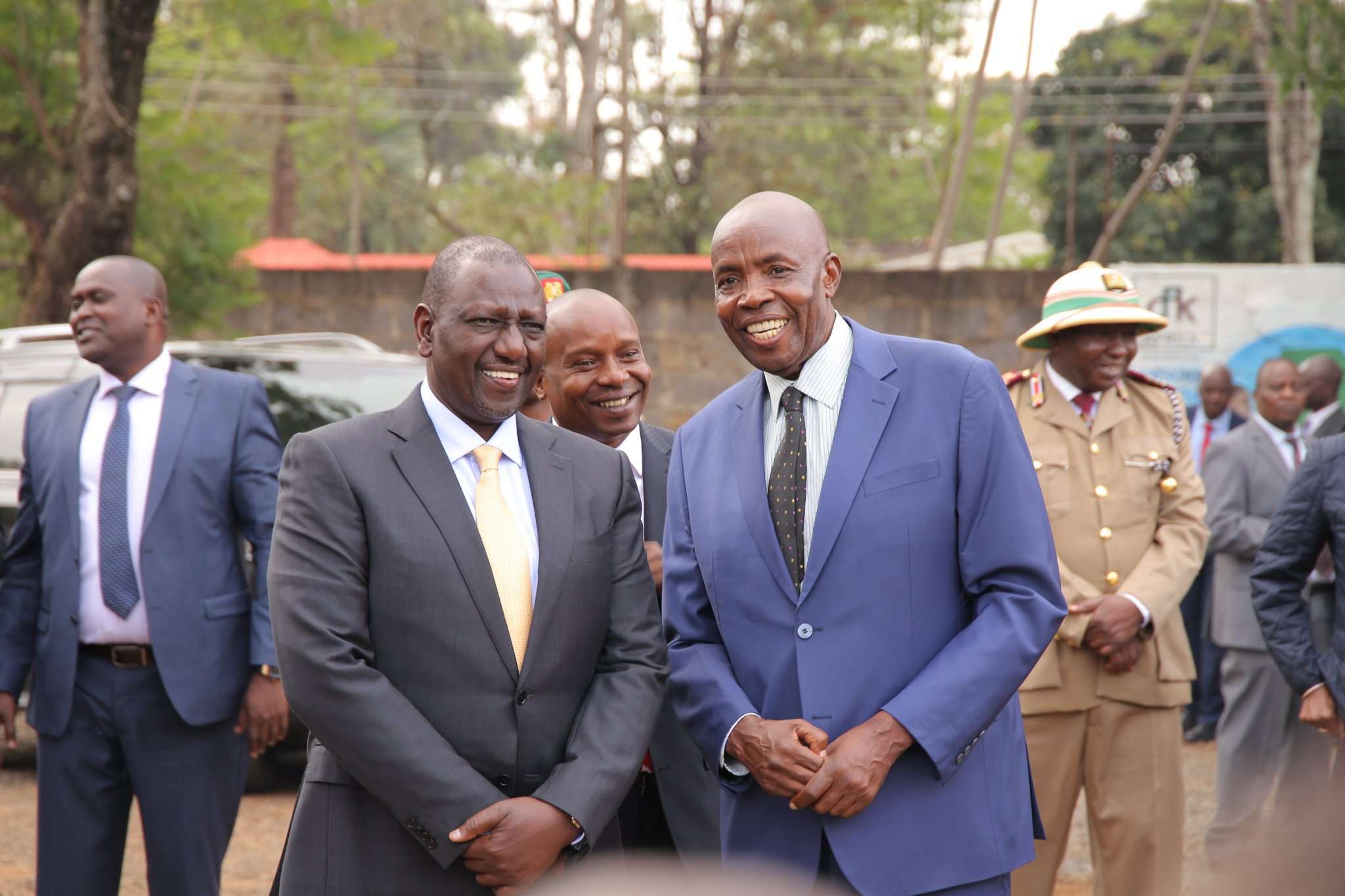Explore Kenya’s educational objectives, including fostering national unity, developing individuals, promoting cultural appreciation, and preparing learners for global engagement and sustainable progress.
Education in Kenya is guided by a set of national goals that seek to shape individuals who are not only academically proficient but also socially responsible and globally aware. These goals aim to foster unity, promote social development, and nurture personal growth among learners.
By instilling a sense of patriotism and national identity, education plays a vital role in forging a cohesive society. Furthermore, it addresses the social, economic, technological, and industrial needs of the nation to contribute to its overall development. Education also emphasizes the importance of individual development, encouraging students to explore their interests, talents, and character.
Cultural appreciation and respect for diversity are integral components of the educational objectives in Kenya, ensuring that learners value their own heritage while embracing other cultures. Moreover, education equips students with the knowledge and skills to engage with the global community, promoting international consciousness and positive attitudes towards other nations.
By emphasizing the importance of good health, environmental protection, and sustainable practices, education cultivates a sense of responsibility towards personal well-being and environmental preservation. Overall, the national goals of education in Kenya strive to create well-rounded individuals who can contribute to the progress and prosperity of both the nation and the world at large.

- Foster nationalism, patriotism, and promote national unity
Kenya’s people belong to different communities, races and religions and should be able to live and interact as one people. Education should enable the learner acquire a sense of nationhood and patriotism. It should also promote peace and harmonious co-existence. - Promote social, economic, technological and industrial needs for national development
Education should prepare the learner to play an effective and productive role in the nation.- Social Needs
Education should instill social and adaptive skills in the learner for effective participation in the family, community, national, regional and international development. - Economic Needs
Education should prepare the learner with requisite competences that support a modem and independent growing economy. This should translate into high standards of living for every individual, - Technological and Industrial Needs
Education should develop in the learner necessary competences for technological and industrial development for the nation in tandem with global trends.
- Social Needs
- Promote individual development and self-fulfillment
Education should provide opportunities to the learner to develop to the fullest potential. This includes development of one’s interests, talents and character for positive contribution to the society. - Promote sound moral and religious values
Education should promote acquisition of national values as enshrined in the Kenya Constitution. It should be geared towards developing a self-disciplined and ethical citizen with sound moral and religious values. - Promote social equity and responsibility
Education should promote social equity and responsibility. It should provide inclusive and equitable access to quality and differentiated education including learners with special educational needs and disabilities. Education should also provide the learner with opportunities for shared responsibility and accountability through community service learning. - Promote respect for and development of Kenya’s rich and varied cultures
Education should instill in the learner appreciation of Kenya’s rich and diverse cultural heritage. The learner should value own and respect other people’s culture as well as embrace positive cultural practices iii a dynamic society. - Promote international consciousness and foster positive attitudes towards other nations
Kenya is part of the interdependent network of diverse peoples and nations, Education should empower the learner to respect, appreciate and participate in the opportunities within the international community. Education should also enable the learner to operate within the international community with full knowledge of the obligations, responsibilities, rights and benefits that this membership entails. - Promote positive attitudes towards good health and environmental protection
Education should inculcate in the learner the value of physical and psychological well-being for self and others, it should promote environmental preservation and conservation, including animal welfare. For sustainable development.
In a rapidly evolving world, the goals of education in Kenya are poised to adapt to the demands and opportunities of the future. With advancements in technology, changing global dynamics, and emerging challenges, the national goals of education in Kenya are expected to embrace a futuristic vision.
These goals will equip learners with the skills, knowledge, and mindset necessary to navigate an increasingly interconnected and dynamic world. The futuristic goals of education in Kenya will focus on fostering innovation, global citizenship, sustainability, and adaptability to prepare learners for the challenges and opportunities that lie ahead.
By embracing emerging technologies, promoting critical thinking, and nurturing creativity, education will empower students to become active contributors to a rapidly changing society. Furthermore, the goals will emphasize the importance of global awareness, intercultural competence, and digital literacy to enable learners to engage effectively in an interconnected world.
Sustainable development and environmental stewardship will also play a central role, equipping learners with the knowledge and skills needed to address pressing environmental issues and contribute to a sustainable future. In this futuristic landscape, education in Kenya will be a catalyst for transformative change, empowering learners to thrive in a world driven by innovation, collaboration, and sustainability.

